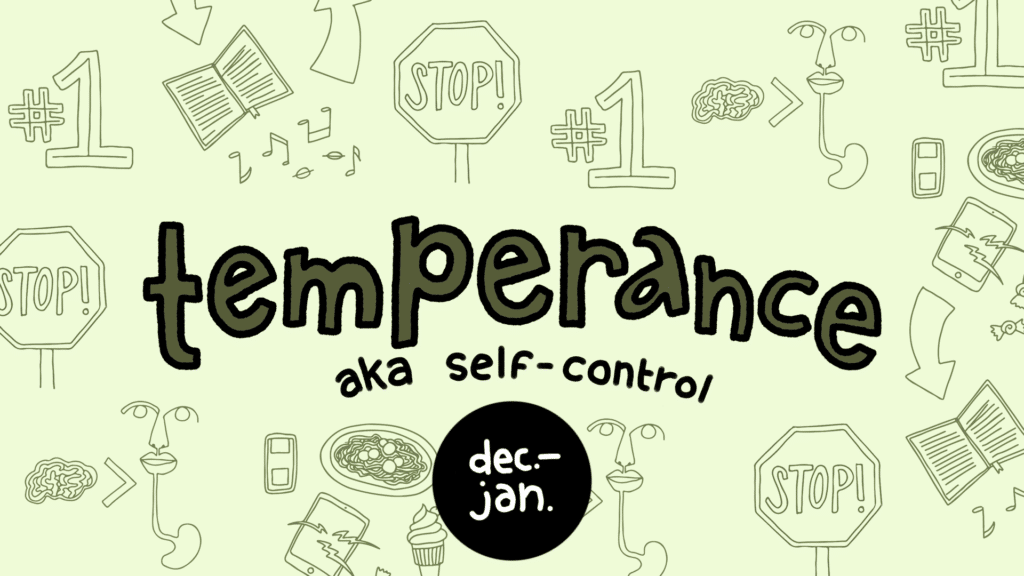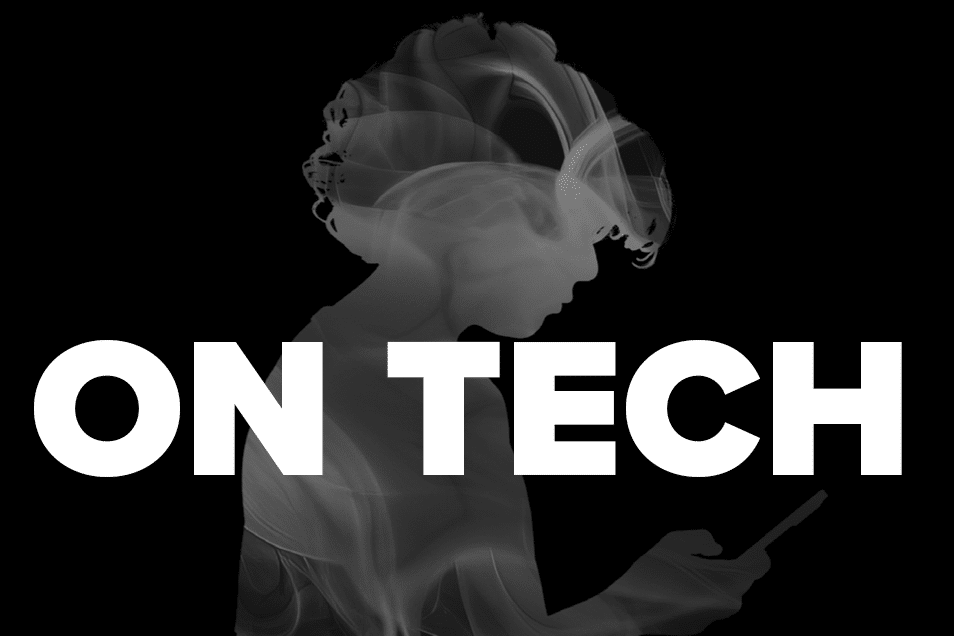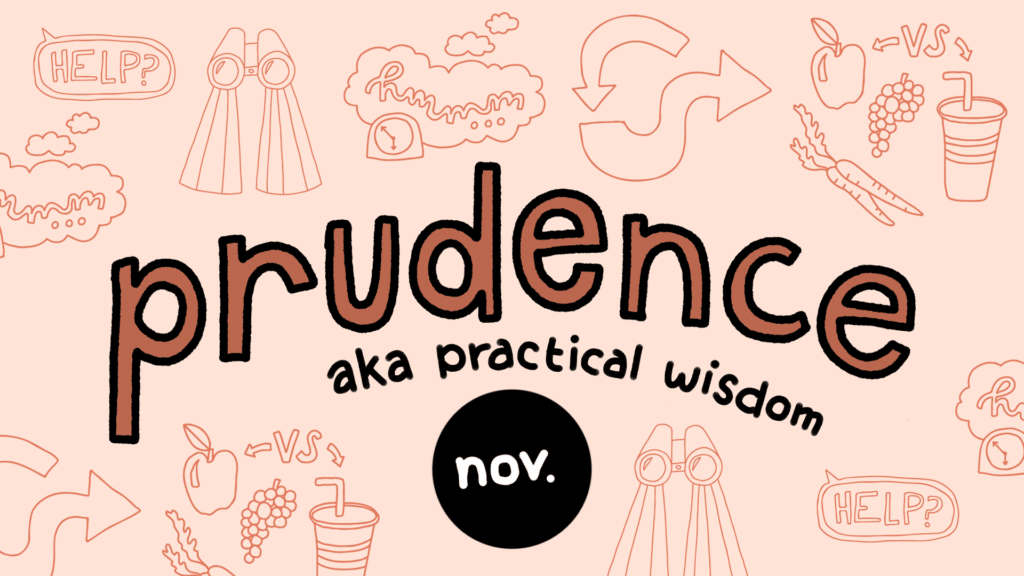It is Wednesday and we have a fun and inspiring article to share with you today, but before we get to that, we wanted to remind you about our Trimester 3 GIVEAWAY! You have a chance to win an awesome SLCOA Klean Kanteen AND a summer read of your choice from The Den. Take a few minutes to answer some questions about hacks you use to make your life easier. For each answer you submit, you will be entered for a chance to win our epic prize. For more information and inspiration, check out last Wednesday’s post and click HERE to fill in the survey.
And now for today’s post…
Learning to read equips our students to resist manipulation, and learning to write well allows them to make articulate contributions to the exchange of ideas in the world. Together, these skills grant students the invaluable abilities to think and act independently in a culture which often prefers to dictate our opinions to us.
-Sara Obsorne
Today we wanted to share an article originally featured on The Circle Institute. Do you have a student that is struggling with learning to read or write? In this article, Sara Osborne, reflects on the power of literacy and the inspiring tenacity of Frederick Douglass. We thought it was worth sharing.
Frederick Douglass, the Liberating Arts, and My Struggling Reader
by Sara Osborne
The Dangerous Weapon of Illiteracy
Reading is risky business. Throughout history, oppressors have wielded the weapon of illiteracy against those they sought to silence. Yet, like rays of sun breaking through dark thunderclouds, rogue freedom-seekers found ways to teach themselves to read, a skill that would change not only a few single lives, but the entire course of history.
In his memoir, African American Frederick Douglass recalls the end of his brief childhood lessons in reading:
“… [My owner] Mr. Auld found out what was going on, and at once forbade Mrs. Auld to instruct me further, telling her, among other things, that it was…’unsafe, to teach a slave to read.’ Mr. Auld further explained the likely result of such instruction: ‘[A slave] …would at once become unmanageable, and of no value to his master. As to himself, it could do him no good, but a great deal of harm. It would make him discontented and unhappy.'”
As history reveals, Mr. Auld’s remarks served as a catalyst for Douglass’s voracious pursuit of literacy under conditions that would squelch the hopes of most men. Douglass recalls a dawning realization:
“I now understood what had been to me a most perplexing difficulty—to wit, the white man’s power to enslave the black man. It was a grand achievement, and I prized it highly. From that moment, I understood the pathway from slavery to freedom.… Whilst I was saddened by the thought of losing the aid of my kind mistress, I was gladdened by the invaluable instruction which, by the merest accident, I had gained from my master. Though conscious of the difficulty of learning without a teacher, I set out with high hope, and a fixed purpose, at whatever cost of trouble, to learn how to read.”
In the following pages of his memoir, Douglass recounts his efforts at literacy over the next seven years, enlisting local schoolboys as teachers and snatching up any book or newspaper he could find. One book in particular piqued his interest: The Columbian Orator. In its pages, Douglass found both a conversation between a master and a slave as well as a speech “…on and in behalf of Catholic emancipation.” These texts served to stoke Douglass’s passion for freedom and helped him give voice to his own ideas:
“These were choice documents to me. I read them over and over again with unabated interest. They gave tongue to interesting thoughts of my own soul, which had frequently flashed through my mind, and died away for want of utterance….The reading of these documents enabled me to utter my thoughts, and to meet the arguments brought forward to sustain slavery….”
Douglass eventually learned to write as well as read. He accomplished this feat in a similarly unconventional manner, by learning to mimic the letters marked on boards in a shipyard and copying tests out of an old spelling book his master’s son had once used. After laboring for a number of years, Douglass finally reached his goal of learning to write.
The Liberating Art of Literacy
As a writing instructor at a college which embraces the liberal arts tradition, I enjoy the opportunity to read Douglass’s memoir with my students. In addition to discussing how illiteracy was used to “manage” slaves, we also talk about the broader connection between education and freedom of the mind. Douglass’s example proves my message to students that “writing is thinking”, and that learning to write well will enable them to give voice to their own thoughts and ideas. Every student at our school will take College Composition because we believe reading and writing are critical components of becoming a well-educated citizen who can thrive in and contribute to our democracy. This same pursuit is evident in grades K-12 of our classical Christian school.
The logo-centric nature of classical education not only serves to give our students an understanding of literature and language throughout history; it also trains them as thinkers to sift through opposing ideas and formulate their own responses. Learning to read equips our students to resist manipulation, and learning to write well allows them to make articulate contributions to the exchange of ideas in the world. Together, these skills grant students the invaluable abilities to think and act independently in a culture which often prefers to dictate our opinions to us.
My Struggling Reader
However, reading doesn’t come for the asking. For many students, the task of achieving reading fluency is fraught with challenges. The goal often feels unattainable, and the path is long and hard. On the most difficult days, it’s tempting to wonder if the end goal is truly worth all of the effort.
For several years now, I’ve been teaching, encouraging, and prodding along a struggling reader on the path to reading fluency. If I’m honest, my motivation ebbs and flows alongside my child’s. Ours is a long-range goal; we won’t get there next week or maybe even next year. It’s a commitment that takes hours of time, thought, and energy from both of us every day. But we keep going—why?
We keep going because literacy has power, just like Frederick Douglass came to understand as a young man. His example offers inspiration and hope for weary parents and teachers of struggling readers. Douglass’s endeavor to read and write took many years to complete. At times, he wondered if he would ever reach the finish line. Yet because of his belief in the significance of his goal, he persevered.
While literacy in no way changes the intrinsic value of a human being, it is one of the most important skills we can teach our children. It’s worth slogging through phonics cards, word lists, and (sometimes uninspiring) readers. It’s worth the time spent on copywork and poetry and refutations. As Frederick Douglass’s life demonstrates clearly, words have power, and our students must learn to wield them well.
Source: Frederick Douglass, Narrative of the Life of Frederick Douglass: An American Slave (Cambridge, MA: The Belknap Press of Harvard University Press, 1960), pp. 58-71.
We hope you were inspired and encouraged by this article.
Don’t forget to fill in our Trimester 3 GIVEAWAY survey!












